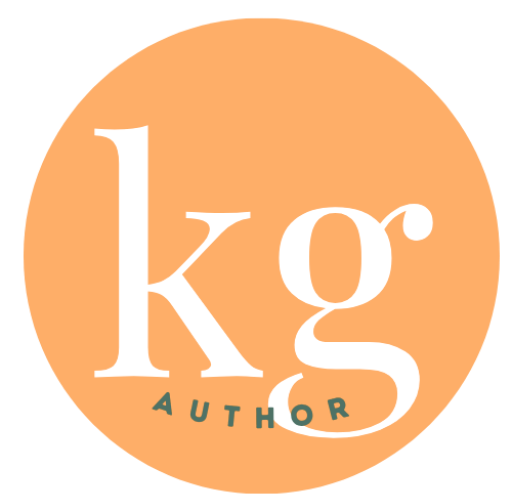3 Key Steps To Take Before Writing Your Nonfiction Book
What steps do you need to take to set yourself up for writing a compelling nonfiction book?
- Do you want to write a nonfiction book and don’t know exactly how to start?
- You have something you’ve learned, overcome, or lived through that you know sharing would benefit or encourage others.
- But you’re sitting on the sidelines waiting for someone to give you permission to write a book.
- You imagine that other authors with published books just intuitively knew exactly the steps to take to write their books.
- Or you imagine that when other authors sit down to write that they have some sort of magic intuition that tells them exactly how to organize a book, chapter by chapter.

May I tell you something? That’s just not true. I read lots of books about writing by authors who struggle with all sorts of things. All beginning authors struggle with where to start.
We all need help getting started
Before I wrote my memoir, I took a memoir writing class. (you can read more about that in my bio). Before I wrote my first novel, I took a novel-writing class. We all need help getting started and that’s what I’m going to do right now in this article – help you.
Know: That you have the power to write. Your vast memory bank of experiences and feelings can help you get started.
Caroline Joy Adams, The Power To Write
You have the power to write. All you need now is the steps to follow to get started.
Let’s get started.

The Timeline of Your Life
The first step to writing your nonfiction book is creating the timeline of your life. It’s tempting to skip this step because it takes time and energy away from actually writing.
We writers sometimes get the false notion in our heads that if we just sit down to write, a book will come out of us. While It’s true on rare occurrences – often after years of pre-thought. Most of the time, it requires careful planning and a definite framework.
Joe Bunting at The Write Practice says most people don’t finish a book because they don’t have a plan. If you really want to write a book, follow a plan.
Think of it like this, not having a “recipe” for your writing is like planning to make banana nut muffins and throwing random ingredients in a bowl and hoping you got it right. Then you throw them in the oven and pray they turn out.
What’s my point? Take my advice and make a timeline of your life. It’s pretty simple. Start by taping several pieces of copy paper together. Each piece of copy paper represents a period of time in your life. Don’t try to be exact. You aren’t turning this in as a school assignment. This is for your use only.
Start at the beginning, the year you were born.
Write down where, the date, and anything you were told of importance about your birth. For example, my Aunt Peaches interrupted my Granny’s peach canning extravaganza. The nickname Peaches stuck.
Next, write down any events that you remember vividly.
You don’t need to write down everything you remember. Just write down the high points. If you already have a theme for your book, focus on events that impacted you on the topic.
For instance, if you want to write a book – Budget-Friendly Basics For Busy Moms, focus on the times
- your family spent money in your childhood
- what sorts of experiences solidified your beliefs about money?
- how you handled money as a teen
- a young adult
- find the tipping point
- the incidents or series of those that transformed your thinking on money
- Did your family go bankrupt?
For example, if I were writing Budget-Friendly Basics For Busy Moms, I can immediately think of events I would add to my timeline.
When I was in high school, my parents were adamant that we buy our clothes at a quality department store instead of discount stores where my friends shopped. So my friends bought the cool jeans at discount stores in bulk while I was allowed to choose a few pairs at a higher cost. Because I was so small and nothing ever fit right -my stepfather altered my jeans. My sister Anne and I were able to talk him into making our jeans more trendy and then we learned how to do it ourselves.
Does my example help?
Continue to work on your timeline and you may find your theme.
Trigger warning – If you are writing about traumatic events, be prepared you may experience feelings. Feelings you don’t want to feel at the time. Move quickly to the next event so you can finish the timeline of your life. This exercise:
- isn’t for the purpose of revisiting every trauma,
- it is for finding your theme
- the events that formed your beliefs about your theme
- how experiences changed your beliefs
- how you experienced a transformation in your theme
This is the first important step in writing your nonfiction book. Like I said before. Don’t skip it. Try to find some time alone to work on it, if possible.
After you have the timeline of your life finished, then go back through and add local, state, country, and world events that impacted you.
Don’t stress and think you need to add everything! Some events may have come to mind while working on your timeline.
- Such as – the year the county fair got rained out and the flood ruined your chances of ….
- Or if you are writing Budget-Friendly Basics For Busy Moms– the 2007 downturn in the economy and we sold our house at a loss.
- Or hearing the election results when you were on a family vacation and you celebrated.
- Or you got the call to make travel plans to meet your prospective adopted kiddos while eating a family holiday dinner.
By all means, if you know your theme or topic, then focus on those. Don’t neglect events because you don’t think they will apply. I didn’t think my parents’ divorce applied to my memoir, A Positive Adoption Story, but I was wrong. Neither did I think my parent’s involvement in the Civil Rights Movement or the Black 14 incident at Wyoming State University applied, but it did. So, my advice? Write it down anyway. If you don’t use it, that’s okay. Better to over-plan than to under-plan.
What next?
After you finish adding in the county, state, country, and world events, the next step is picking your theme. Don’t freak out. I think your theme is keeping you up at night. You know what you want to write about, you just haven’t had the proper tools to get started. Now you do.
Choose your theme.
Write your theme down at the top of your timeline. Your theme may change a bit as you write your book, but that’s okay. This is a process. Trust the process. Your theme is what your book is about. You may have a broad theme right now (and that’s okay too).
Maybe it’s helping women get healthy. That’s a great start. As you go through the process, you’ll niche down to a more specific topic- something you personally overcame. Something you’ve lived and learned. You have a transformation you can offer others. You have a story that a certain group of people needs to hear. Your story has value and the power to transform lives.
Grab some highlighters and go through your timeline and highlight anything that applies to your theme.
If you were writing Budget-Friendly Basics For Busy Moms then highlight any event that has to do with money.
When I was in high school, my older sister (by 11 months) and I liked to go to football games on Friday nights. But not together. She didn’t want to be seen with me. But we also didn’t like asking our stepfather Bud for the money. He was an imposing broad shouldered, retired army colonel. Our practice was – one of us braved entering his study and asked for money. One Friday after school, my sister shoved me through the study door. I asked for the money for myself. A dollar fifty. Because Bud knew sister Anne was lurking in the doorway, he handed me three dollars and said, “This is for both of you.” My sister stumbled in the door and said, “I’m not going with her. I don’t want people to see me with her.” Bud promptly took one of the dollar bills and ripped it in half and handed it back to me. Anne and I stood dumbfounded until he signaled we needed to exit and the exchange was over.
We both had our dollar and a half. Literally. What happened next? We had to tape the ripped dollar back together and pay at the gate together.
Those are the sorts of events I would be highlighting if I were writing Budget-Friendly Basics For Busy Moms. That event taught me that family was more important than money. For an army colonel who had made wise investments over the years, only purchased quality items, and paid for homes and cars in cash, ripping a dollar bill in half meant a huge lesson for us girls.
I’m not trying to bore you with stories from my history. I hope the types of things I’m talking about aimed at my imaginary book -Budget-Friendly Basics For Busy Moms are helping you choose what to highlight. My story is a good segway into the next step.
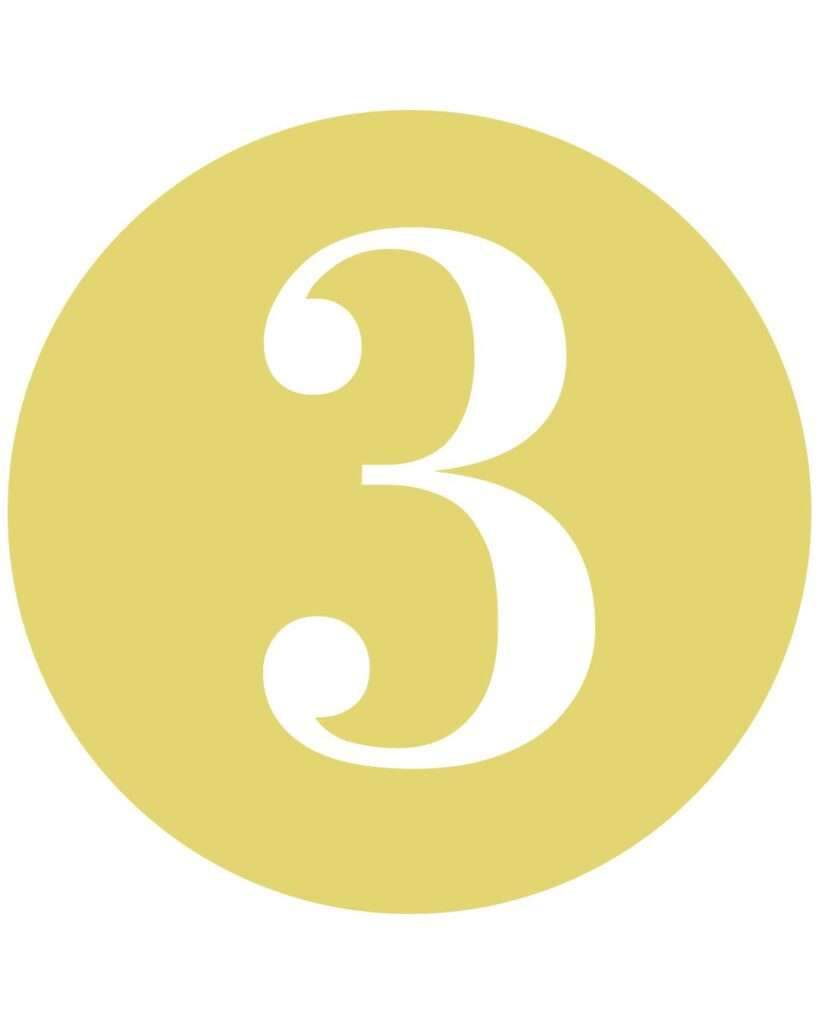
Journal the events you highlighted.
Choose those events and start journaling them out with as much detail as you can remember. Try to focus on the main ones that apply to your theme.
In other words, don’t choose one hundred. Start with ten or twelve at the most. I suggest you create a document for each. And when you are writing/journaling about them. Just write. Don’t try to create a chapter or revise or edit. Just write. Try to get all five senses involved in your writing. What did you see, hear, smell, feel, and taste?
What’s next?
Before you move on to the next step, writing your first chapter, take some time and “envision the writer you want to become” (Marlene Bagnull). This is important work. The Bible says it this way –
For as he thinks in his heart, so is he (proverbs 23:7a)
Start identifying as a writer. If you are struggling with owning your desire to write, be sure to read – Work Through The Five Phases To Owning Your Desire To Write.
You can do it! Don’t get overwhelmed by the size of the task. Look how much you’ve accomplished just by following the directions in this article. You created the timeline of your life. You wrote about events that you remember vividly. Those events may have led you to your theme. You added in the county, state, and world events. You have a theme for your book (and if you don’t yet, don’t stress, keep journaling events that draw your attention). You journaled your highlighted events. Now you have a foundation on which to build your book! You are ready to craft your authentic story with courage. Yay, you!
To recap, here’s the problem we solved: 3 Key Steps To Take Before Writing Your Nonfiction Book
You know you want to write a nonfiction book, but you don’t know how to start. Just write endless pages that ramble on but never make a point? Nope. Take these key steps of pre-writing to set you up for success!
- Step one– The first step to writing your nonfiction book is creating the timeline of your life.
- Step two– Choose the theme of your book. Write your theme down at the top of your timeline.
- Step three – Journal the events you highlighted. These journaling sessions provide you with the personal stories you will use in your book.
Other Helpful Resources:
5 Reasons You Should Write A Nonfiction Book
Five Reasons You Can Write A Nonfiction Book If You don’t FEEL like an EXPERT
Three Tips For Writing A Scene/Article That Triggers You
What’s next?
Need a roadmap to get you started?
Struggling with self-doubt as a writer?
You’re not alone. Many aspiring authors face feelings of inadequacy and uncertainty. But what if you had a clear roadmap to guide you from self-doubt to a completed manuscript? Don’t let fear hold you back any longer. Take the first step toward your writing dreams.
Get your copy of The Author Jumpstart Roadmap today!
Pin it:
